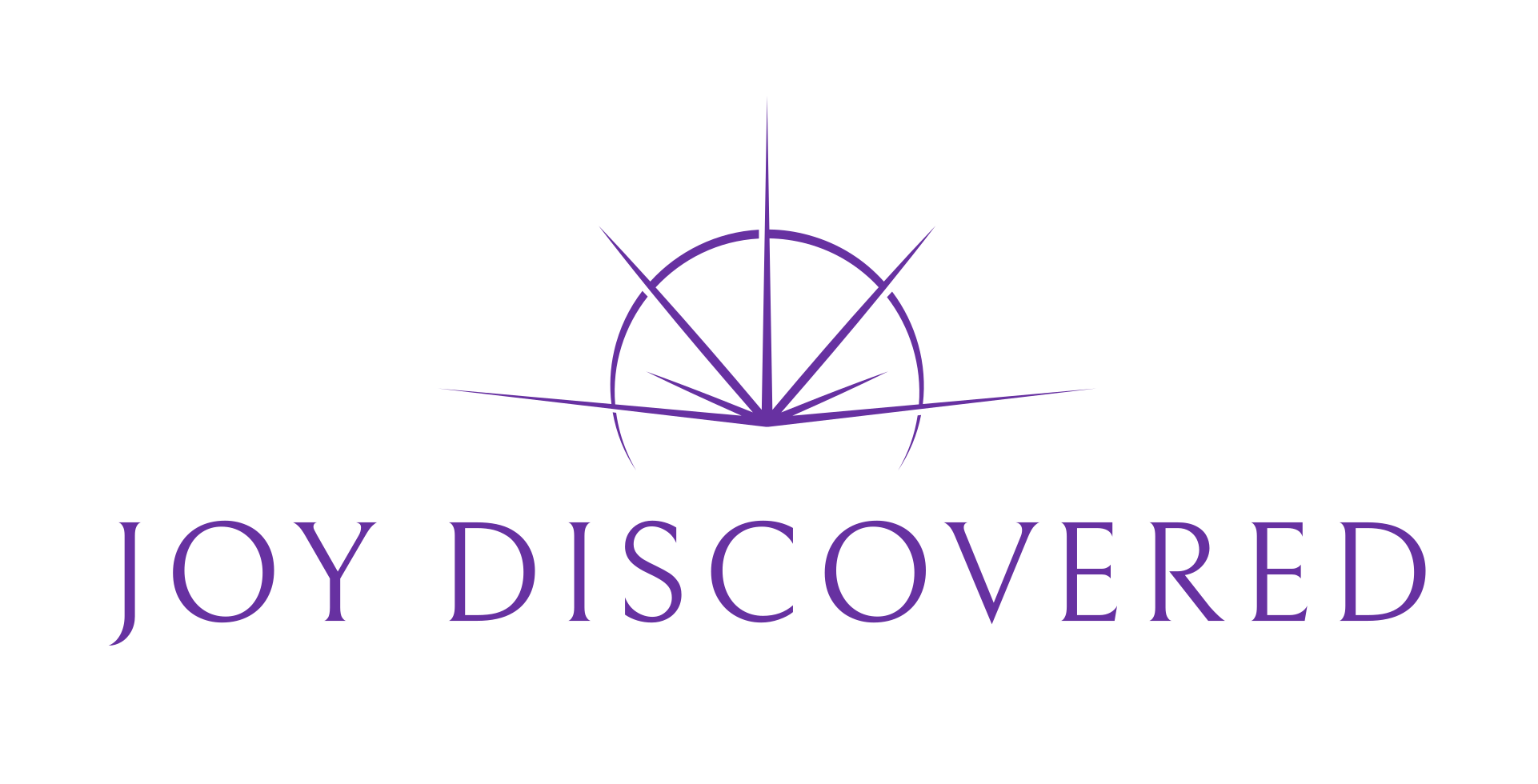Decision-Making Simplified: 10 Powerful Tips For Confidence & Ease

Effective decision-making is vital for impactful leadership and a joyful, purposeful life. (And let’s face it, you might already be feeling decision fatigue!)
So, how can we make the best decisions for ourselves and our teams while expending as little energy as possible?
I’ve got the perfect tool for you! After decades of studying emotional intelligence and mastering self-mastery, I’ve gathered the best decision-making strategies. I use these regularly and share them with my executive coaching clients. This week, I’m outlining them for you to help save your energy for joy, play, and alignment – things we all need more of!
Here are my top 10 ways to make decisions for work or home:
1. Regret Minimization
Which option am I less likely to regret in the future?
20 years from now, am I more likely to say… I wish I had… or I’m glad I did…
2. Trust Your Gut
No one has ever said, “I wish I wouldn’t have trusted my gut.”
Our intuition comes from our entire lifetime of memories, experiences, and learnings that reside in our minds outside our awareness. Our intuition encodes our past experiences to create wisdom that isn’t always conscious to us.
Trusting our gut can seem irresponsible but there is biological and psychological work at play here: The vagus nerve communicates intuition from our brain down to our gut.
When we say I wish I had listened to my gut more, what we are really meaning is I wish I wouldn’t have let fear or ego override my gut. Because our intuition or gut is talking to us all the time, if only we’d choose to listen to it.
When we say we’re not sure what our gut is telling us, it’s not that we can’t hear it. Instead, we don’t like what it has to say because it often means we have to change, do more work, or take the harder route.
3. Which Choice Feels Expansive Vs. Constrictive?
Which choice feels light, exciting, and expansive when you think about it?
Which one feels heavy, limiting, and restricting?
Follow the energizing expansive path!
4. Separate The Decision From Implementation.
When we think about implementation during the decision-making period, FEAR often gets in our way.
It’s usually pretty clear what the right decision is for the stakeholder. But there is likely someone who will get hurt on the implementation. So FIRST make the best decision. THEN find out what the person who you are afraid of hurting wants and work to also solve for that.
5. Filter The Decision Through Your Core Values
Consider: Which choice is most in line with my core values?
6. Get Clear On The Worst-Case Scenario
If you can make peace with the worst-case scenario, it will be easier for you to move forward in the decision.
7. Growth & Evolution
Which choice serves the souls’ growth and evolution the most for all parties involved?
8. Get Advice From A 3rd Party With Proven Results Or Experience
Do this to make sure you aren’t entangled in emotions or operating under confirmation bias.
BUT take their advice with a grain of salt. Remember, they will give advice through their own experiences and perspective, which might not be right for you.
“To a hammer, everything looks like a nail.”
For example, if you had lower back pain and went to these experts for advice, this is likely what they’d advise as the magic cure:
- A doctor will advise steroid injections
- A yoga teacher will advise child’s pose and stretching your hips
- A chiropractor will advise a spinal adjustment
- A Reiki master will advise unblocking your sacral chakra
- A pharmacist will advise pain medication
- Etc.
9. Live The Question.
“Be patient toward all that is unsolved in your heart and try to love the questions themselves, like locked rooms and like books that are now written in a very foreign tongue. Do not now seek the answers, which cannot be given you because you would not be able to live them. And the point is, to live everything. Live the questions now. Perhaps you will then gradually, without noticing it, live along some distant day into the answer.” ~ Rainer Maria Rilke
**However, most of us spend too much time in paralysis by analysis and don’t act on the decision that we really know the answer to, so tread lightly with this one!**
10. Just Decide.
Most of the time the only failed decision is indecision or taking too much time to make the decision.
The only bad decision is no decision.
We are getting feedback all the time with each decision we make. So decide, get data, then revise your plan.
If a decision can be undone, it doesn’t need as much consideration as one that can’t.
Consider whether it’s a good decision but just not right now. Or a good decision, but not for you.
—–
To more ease and aligned decisions in your days!
With love, your coach,
💜Sara

What's your greatest take-away from this blog? Any questions?